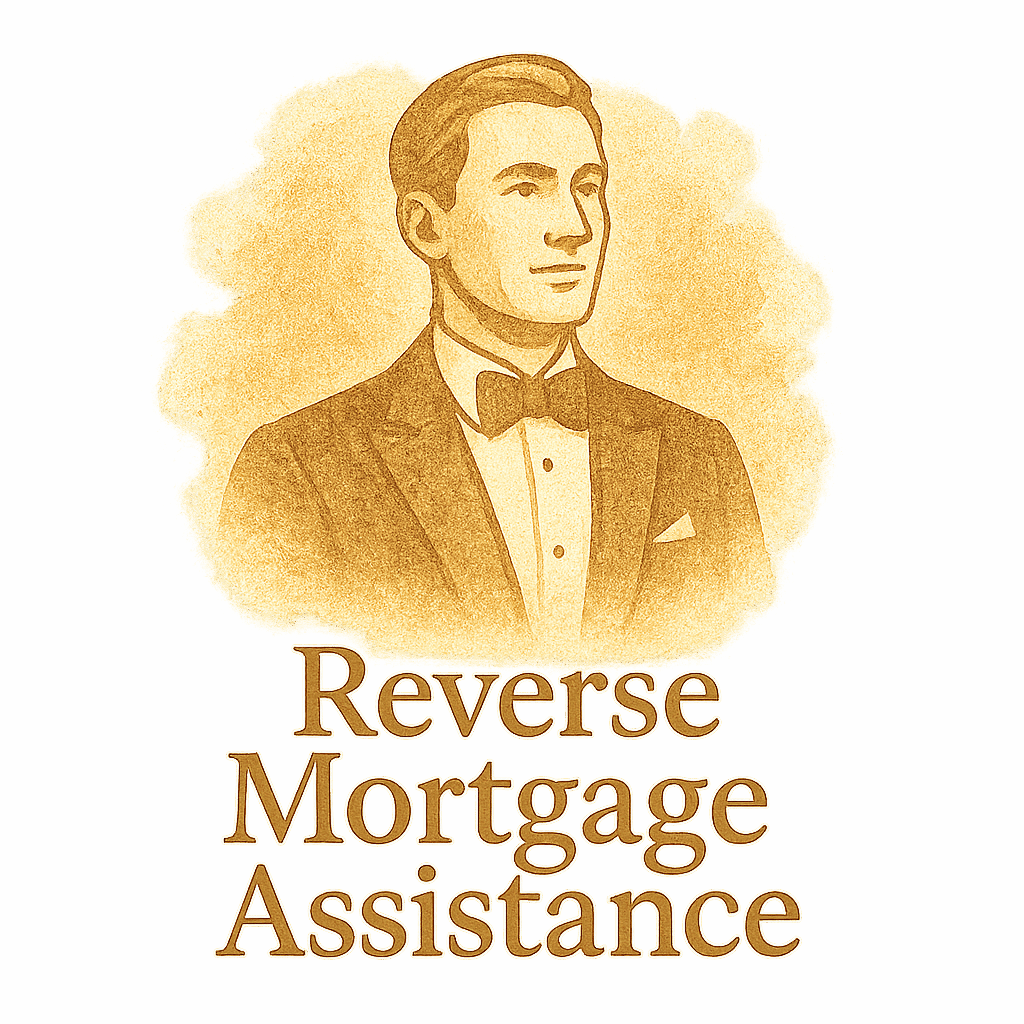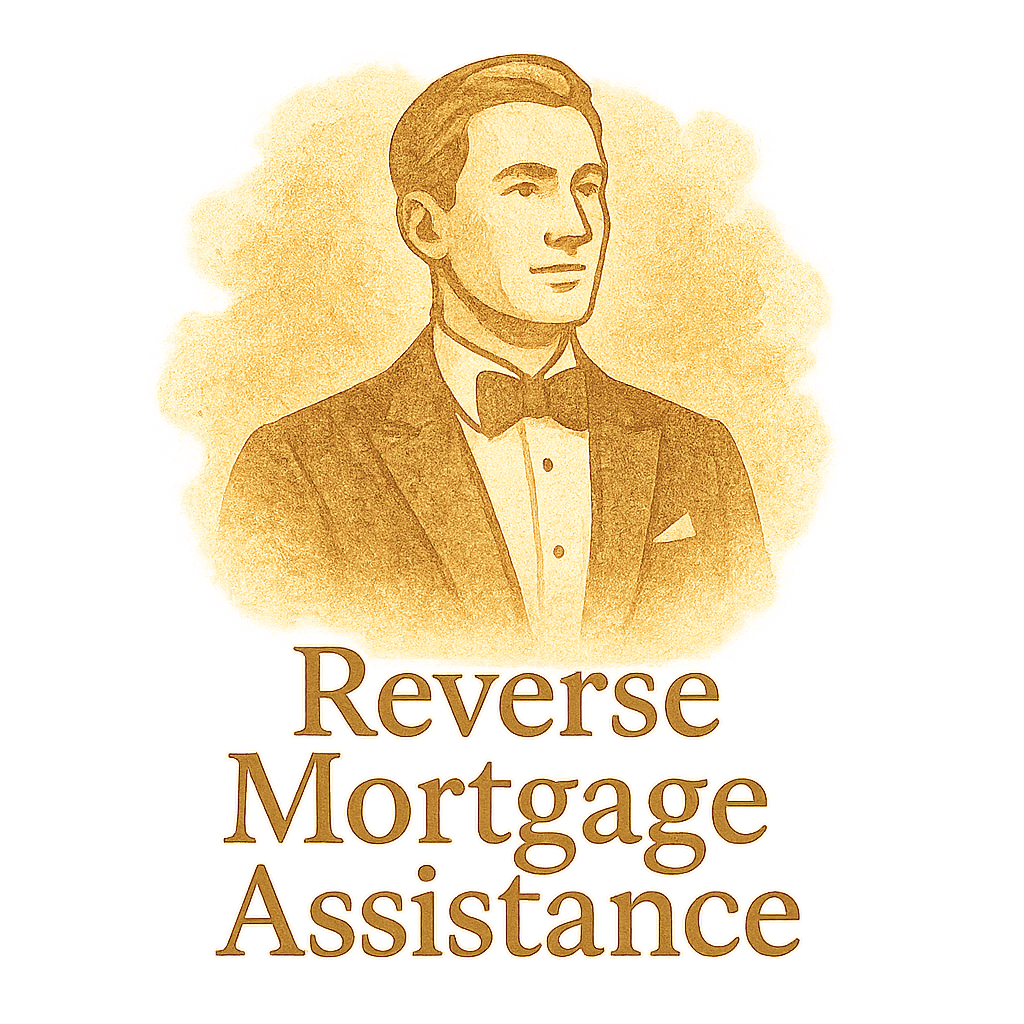Let’s face it—mortgages are confusing enough. Add the word “reverse” in front of it, and most people start scratching their heads. But here’s the deal: reverse mortgages can be a game changer for retirees, especially if you understand what you’re getting into. Whether you’re a curious homeowner, an adult child helping your parents, or just want to know your options, we’ve got 10 facts that will clear the fog. Let’s break them down together.
What Is a Reverse Mortgage?
Understanding the Basics
A reverse mortgage is a loan available to homeowners aged 62 or older that allows them to convert part of the equity in their home into cash—without having to sell their house or make monthly mortgage payments.
How It Differs from Traditional Mortgages
Unlike a regular mortgage where you pay the bank, in a reverse mortgage, the bank pays you. Over time, your loan balance increases, and your home equity decreases.
You can learn more about reverse mortgage basics on our dedicated guide.
Fact #1: Reverse Mortgages Are for Homeowners Aged 62 and Older
This isn’t just a guideline—it’s a rule. You need to be at least 62 years old to qualify for most reverse mortgage programs like the Home Equity Conversion Mortgage (HECM).
If you’re approaching retirement and want to tap into your home equity, this can be a smart option—especially when combined with other retirement strategies.
Fact #2: You Keep Ownership of Your Home
No Transfer of Title
A major myth is that the bank owns your home with a reverse mortgage. That’s false. You retain the title and ownership as long as you follow the rules of the loan.
Check out our guide on mortgage myths and truths to debunk more misconceptions like this.
What About Foreclosure Risk?
While you do keep ownership, you must still meet loan conditions like living in the home and paying taxes and insurance. Fail to do that, and yes, foreclosure is possible.
Fact #3: You Still Have Responsibilities
Taxes, Insurance, and Maintenance
Reverse mortgage or not, you’ll still be responsible for keeping the home in good shape, paying property taxes, and carrying homeowner’s insurance.
Ignoring These Can Lead to Default
If you ignore these obligations, your lender has the right to call the loan due. Stay on top of your responsibilities and avoid surprises.
We also cover more on legal responsibilities in our legal and regulatory section.

Fact #4: Reverse Mortgages Don’t Affect Social Security or Medicare
These two programs are not means-tested, so a reverse mortgage won’t disqualify you from receiving them.
However, Watch Out for Medicaid
Reverse mortgage proceeds could affect your eligibility for Medicaid or Supplemental Security Income (SSI). Consult a financial planner before making any moves.
Explore planning tools here: mortgage planning
Fact #5: You Can Receive Payments in Different Ways
Lump Sum, Monthly, or Line of Credit
Reverse mortgage payments can be tailored to your needs. Want everything upfront? Choose a lump sum. Prefer monthly payouts or a credit line? That works too.
These flexible options make it easier to manage your money in retirement.
Fact #6: Loan Repayment Happens When You Leave the Home
What Triggers Repayment?
Typically, the loan becomes due when:
- You move out permanently
- Sell the home
- Pass away
At that point, the loan (plus interest and fees) is repaid—usually through the sale of the house.
Want a deeper dive into this topic? Check our tag on outcomes.
Fact #7: Your Heirs Can Still Inherit the Home
How Repayment Affects Inheritance
Your heirs can choose to:
- Repay the reverse mortgage and keep the home
- Sell the home and keep the remaining equity (if any)
The key is that the loan is non-recourse, meaning the lender can’t go after your heirs’ assets.
For real-world examples, visit our mortgage case studies.
Fact #8: Reverse Mortgages Are Federally Regulated
Role of FHA and HUD
Most reverse mortgages are insured by the Federal Housing Administration (FHA) and regulated by the Department of Housing and Urban Development (HUD). This ensures some consumer protections are in place.
Learn More about Legal Guidelines
Get to know your rights and obligations through our legal terms and contracts resources.
Fact #9: There Are Several Types of Reverse Mortgages
HECMs vs Proprietary vs Single-Purpose
- HECMs: The most popular and widely available, backed by the FHA.
- Proprietary: Offered by private lenders for higher-value homes.
- Single-Purpose: Issued by some nonprofits or local agencies for specific needs like home repairs.
To compare them all side-by-side, check out our loan comparison guide or tag: loan comparison.
Fact #10: They’re Not Right for Everyone
When to Consider Alternatives
If you plan to move soon, have health issues, or can’t afford property upkeep, a reverse mortgage might not be the best choice.
Explore other mortgage basics and speak with professionals who specialize in preparation for such financial decisions.
Reverse Mortgage Planning: Making the Right Choice
Working with Advisors
Talking to a HUD-approved counselor is mandatory—and that’s a good thing. They help clarify your options so you don’t walk into a reverse mortgage blindfolded.
Importance of Comparison
Not all reverse mortgages are created equal. Shop around, compare fees, interest rates, and terms.
Find a hub of helpful insights here: https://reversemortgageassistance.com/
Conclusion: Know the Facts, Secure Your Future
Reverse mortgages aren’t magic wands—but they can be incredibly useful tools when used wisely. Now that you know the facts, you’re better equipped to decide if this financial product fits your retirement plan. Think of it like a puzzle piece—it doesn’t make the full picture, but when it fits, it completes your financial goals beautifully.
FAQs
1. Can I lose my home with a reverse mortgage?
Only if you fail to meet the loan obligations like paying taxes and living in the home.
2. Do I still own my house?
Yes! The title stays in your name.
3. What happens if my home’s value drops?
Reverse mortgages are non-recourse loans, so you’ll never owe more than your home’s value.
4. Are reverse mortgages taxable?
No. The money you receive is considered a loan, not income.
5. How does a reverse mortgage affect my heirs?
Your heirs can repay the loan and keep the home, or sell it and take any remaining equity.
6. Can I get a reverse mortgage if I still owe money on my current mortgage?
Yes, but you’ll need to use the reverse mortgage funds to pay off that existing mortgage first.
7. Where can I learn more about contracts and legal terms related to reverse mortgages?
Check out the contracts and legal terms tags for deeper insights.


